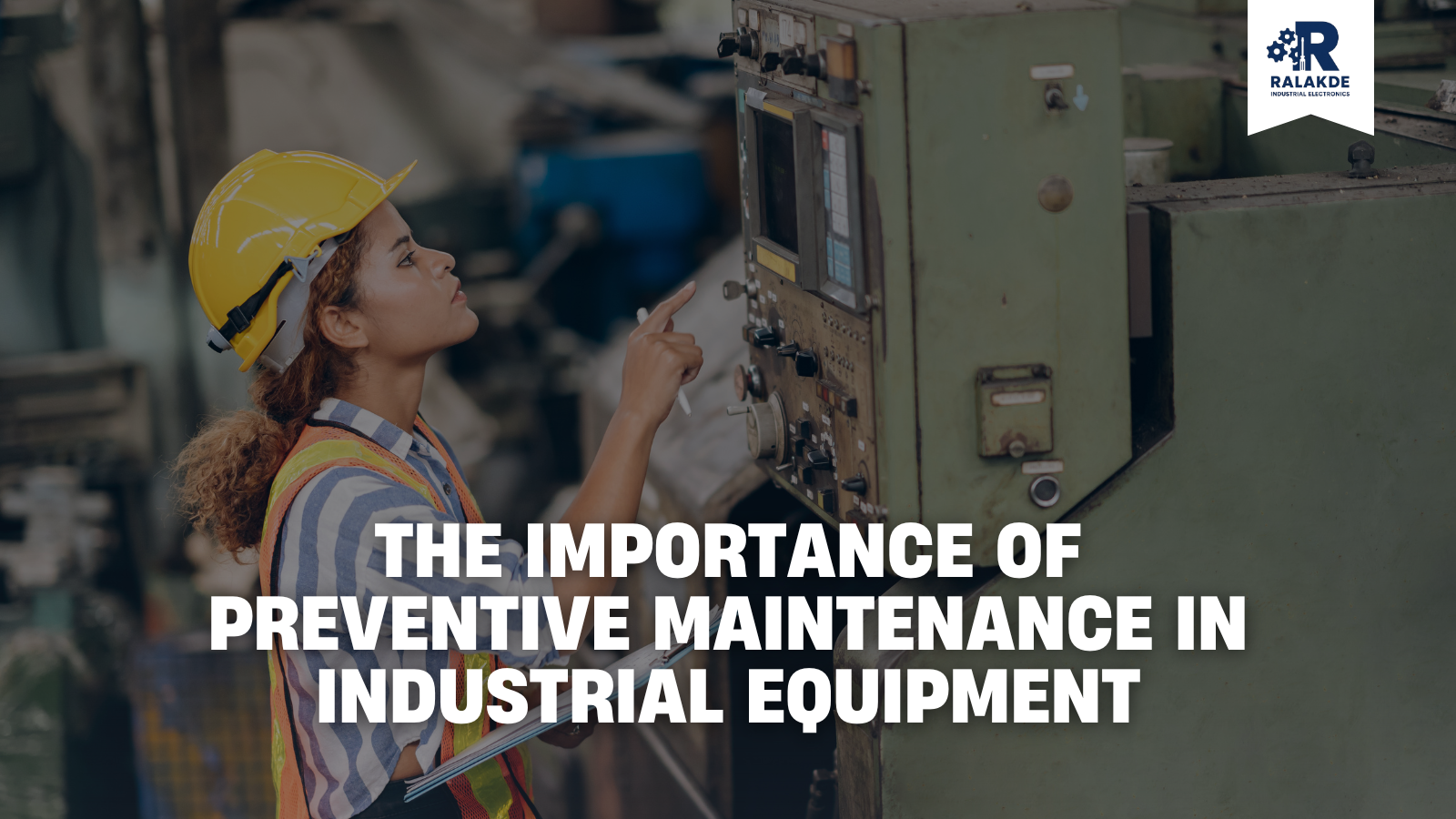
The Importance of Preventive Maintenance in Industrial Equipment
In modern industries, equipment reliability is no longer a luxury but a necessity. Unexpected machine failures can lead to production delays, increased costs, and unhappy customers. To stay ahead, more companies are adopting preventive maintenance, a proactive strategy designed to keep equipment in top condition and minimize risks before breakdowns occur.
What Is Preventive Maintenance?
Preventive maintenance is the planned inspection, servicing, and replacement of equipment parts before problems occur. Rather than reacting to breakdowns, this strategy ensures machines are kept in optimal condition through:
- Routine inspections and testing
- Cleaning, lubrication, and adjustments
- Replacement of worn components
- Safety and compliance checks
By applying preventive maintenance, businesses extend equipment life, improve reliability, and lower long term repair costs.
Why Preventive Maintenance Matters for Industrial Equipment
With increasing demand for efficiency and global supply chain pressures, preventive maintenance has become essential. Here are the main reasons why it is more important than ever:
Reduces Costly Downtime
Unplanned equipment failures can bring production lines to a standstill. Preventive maintenance minimizes disruptions by identifying issues early and scheduling repairs during planned stops.
Extends Equipment Lifespan
Industrial equipment is a major investment. Regular maintenance ensures machines remain reliable and functional for many years, delaying the need for costly replacements.
Improves Workplace Safety and Compliance
Well maintained machines are safer for operators and help businesses meet strict industry regulations. Preventive maintenance reduces risks of accidents and ensures compliance with safety standards.
Boosts Productivity and Efficiency
Equipment that is properly maintained operates at peak performance, reducing energy waste, improving output quality, and supporting smooth operations.
Supports Predictive and Condition Based Maintenance
Preventive maintenance lays the groundwork for advanced practices like predictive maintenance, where data from sensors and monitoring systems provides insights to anticipate failures with even greater accuracy.
How to Start a Preventive Maintenance Program
Implementing a preventive maintenance strategy for industrial equipment can be straightforward if approached systematically:
1. Identify critical assets: Focus on machines that have the biggest impact on production.
2. Develop a maintenance schedule: Plan service tasks at set intervals to prevent wear and tear.
3. Use a CMMS (Computerized Maintenance Management System): Digitize maintenance logs, schedules, and performance tracking.
4. Train technicians and operators: Ensure staff understand the importance of inspections and preventive tasks.
5. Review and improve: Analyze performance data and refine schedules for better efficiency.
Final Thoughts
In the world of manufacturing and automation, downtime is costly and reliability is essential. Preventive maintenance is not just about avoiding repairs, it is about maximizing uptime, extending the life of industrial equipment, and ensuring safe and efficient operations. Businesses that invest in proactive maintenance strategies gain a competitive advantage by keeping production steady, costs under control, and customers satisfied.




